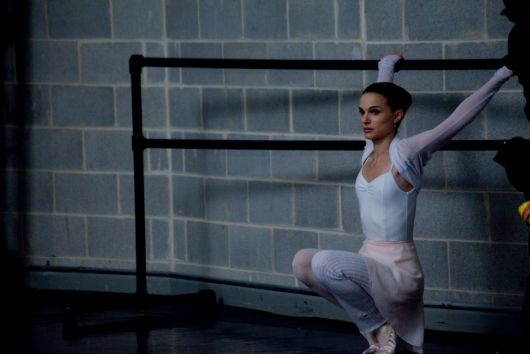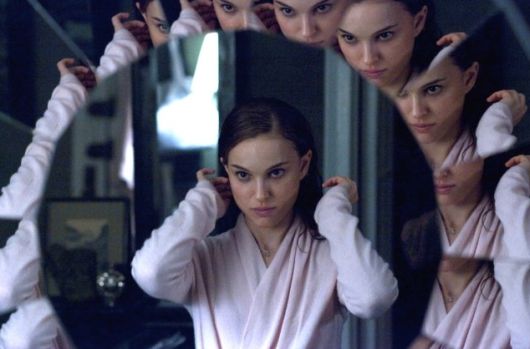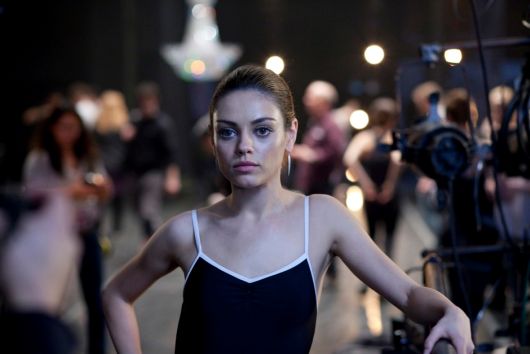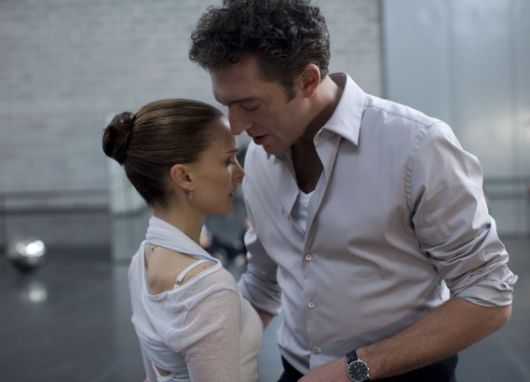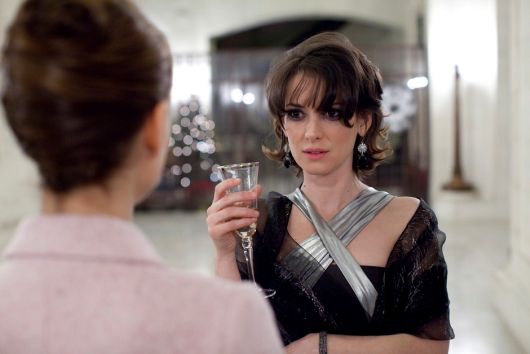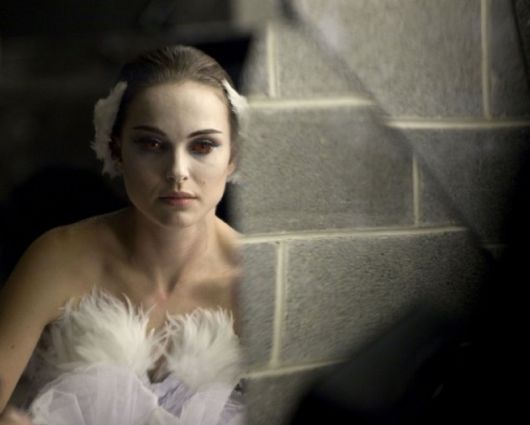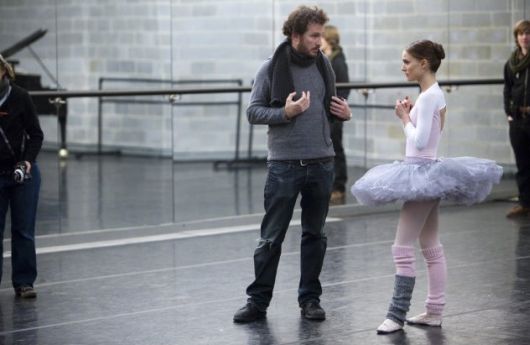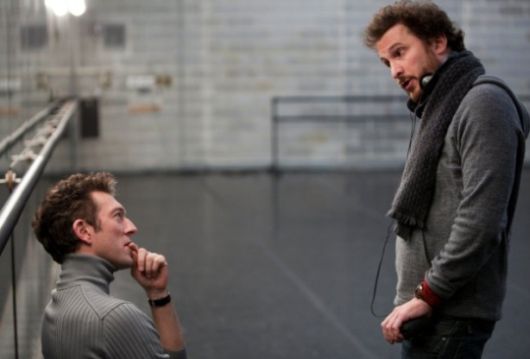 FILM
FILM In Which We Sense His Mild Resistance
 Tuesday, December 15, 2015 at 10:36AM
Tuesday, December 15, 2015 at 10:36AM 
Chicken Little
by ALEX CARNEVALE
Partisan
dir. Ariel Kleiman
94 minutes
 Right around 1000 years after the death of Jesus Christ there was a German king named Otto who was short and somewhat squalid, although well-built. He was the second of his name and married a Greek princess named Theophania. As a result of this, he became passable at speaking the language. The couple had a child who was also named Otto.
Right around 1000 years after the death of Jesus Christ there was a German king named Otto who was short and somewhat squalid, although well-built. He was the second of his name and married a Greek princess named Theophania. As a result of this, he became passable at speaking the language. The couple had a child who was also named Otto.
Otto was a God-fearing Christian in a lot of ways. He believed in Jesus and the lord and all that. But when there was a smattering of talk about an uprising against him, he invited all the people involved to a big dinner and killed them at the table. They bled into their meals.
This was in Rome, and the treasonous men were Italians, or something like it. A year or two later he was fighting against a Muslim army in Greece. He had the superior fighting force, which is all that mattered in war before gunpowder. Yet a lot of Romans abandoned his standard and his force collapsed.
Otto was driven from the battlefield. He had nothing to his name, so he disguised himself as a hardworking peasant. Without any of his royal trappings, he was forced to rely on his own godly virtues and pretend to be no one. It was a good thing he spoke Greek, so he could carry off the lie.

Greeks care for their own, so Otto made it back in one piece. If he had married a woman from Gaul, he would not have been so lucky. (European diners were fortunate to have Theophania, too: she brought the fork to the region.) Otto died a bit after that anyway, from malaria, at the age of 28.
By all evidence, Otto was not a good man. But he was the sort of bad man who thought he was a good man, and when I saw Vincent Cassel's performance in Partisan, that is what I thought of. There are two modern things in Partisan: the presence of a small handgun wielded by a ten year old boy, and what appears to be a motorcycle helmet. The rest of it is an old story.

Gregori (Vincent Cassel) lives among a gaggle of women at a compound in the Balkans. He is kind to his wives, and when there is a problem, they come running to him. We see him recruiting a new mother and her child into his sunny, dilapidated lair. He is something like the Pied Piper, who was also German. The Pied Piper led a bunch of rats out of a village by piping away. (The rodents drowned.) Then when the village elders didn't pay, he did the same thing to all the children.

It is a recurring meme in these Eastern European stories that in every good thing, there is a little bit of bad. Gregori is like that. He provides for all the people in his little cult. He gets them food, sex; he genuinely cares for everyone. The children are the ones with the raw deal — they are assassins sent with earplugs to murder whatever target Gregori selects. Gregori tells them, perhaps not incorrectly, that these are bad men, and so they are doing a good thing.

Gregori is a lot better than the Pied Piper, although perhaps not by a lot. One kid, Leo, comes into the compound at an advanced age. He gets very protective of a chicken and lashes out at Gregori when the time of the bird's execution grows near. The boy and his mother are never seen again. We do not know what happens to them exactly, although it seems unlikely that they are murdered.

Alex (Jeremy Chabriel) observes these events with interest. He does not really want to kill anyone or anything, and was inspired by his friend's good opinion of a chicken. Since he is the only one resisting this lifestyle in any way, Gregori becomes sensitive to Alex's mild resistance, as if he was all this time waiting to be called out for sins.

Cassel is exciting to watch. Without his dominant charisma, Partisan would be a Kiarostami-esque slice of life. As Gregori, he gives his all in a role which perhaps required one more dimension. We see Gregori as a decent leader, and a manipulative villain, but most men have more than two sides. Actually, some men only have one side, but sociopaths usually have more than two.
Mr. Cassel, whose best ever role was his performance as French gangster Jacques Mesrine, is just so innately disturbing, even seeing him without a beard retains a sinister element. Gregori probably should have been played by someone with a bit more natural grace; instead the character is like a gluttonous snake wrapped around a decaying alligator carcass.

There is not much more to tell of the story. Alex is sent out to kill a man. He does his duty, and weeps his way back home. He runs into a real boy, who fondles his gun and hands it back to him. A sense of right and wrong is beginning to develop. Director Ariel Kleiman is an Australian Jew, and he has the same fascination with moral grey areas that many of his background find intrinsically determinative. Since we are neither one thing or another, could this indeterminacy be the key to why bad things happen to good people?
Reading early German history is a master class in such ideas, since the Germans seem to have derived their sense of justice from politics rather than God. It is roughly the same in Gregori's cult, and this argument from power is generally a lot less merciful than verdicts of the Christian faith. Partisan is so titled because it is what we call a side in that useless war between earthly ideals — there can be no such division in His eyes.

Then again, Otto believed in God and he still made all those people go away. That is what Alex does to Gregori, in all likelihood, although Kleiman never shows us the climactic murder. In the final moments of Partisan, Gregori never tries to disarm the boy, or change the fate to which all his actions have led. He only protests verbally, by saying he gave the boy everything he has — which is true. It isn't much.
Alex Carnevale is the editor of This Recording.

"Both Sides of the Story" - Phil Collins (mp3)































